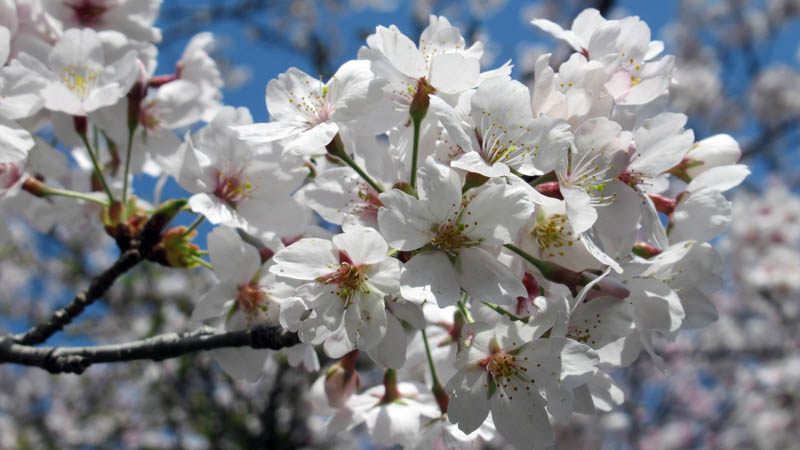2023-12-18 バッファロー大学(UB)
◆研究では、PANSの症状の重症度と介護者のストレスとの関係が明らかにされ、診断には時間がかかりがちで、正確な診断が得られると治療が可能であることが強調されています。
<関連情報>
- https://www.buffalo.edu/news/releases/2023/12/tona-pans.html
- https://www.liebertpub.com/doi/full/10.1089/cap.2023.0030
小児急性発症神経精神症候群児の自認介護者における介護者の負担、ストレス、関係結束力 Caregiver Burden, Stress, and Relationship Cohesion Among Self-Identified Caregivers of Children with Pediatric Acute-Onset Neuropsychiatric Syndrom
Janice T. Tona, Julie Ash, Emily Brown, Courtney Campagna, Kellie Kostek, Erin Lawton, Andrea Rieth, and Machiko Tomita
Journal of Child and Adolescent Psychopharmacology Published Online: 15 Nov 2023 DOI:https://doi.org/10.1089/cap.2023.0030
Abstract
Objective: Children with Pediatric Acute-onset Neuropsychiatric Syndrome (PANS) experience sudden onset neuropsychiatric symptoms after infection or other triggers. Symptoms range from mild to severe, potentially lasting days, weeks, months, or longer. Exacerbation-related functional decline presents in many aspects of daily life, generally accompanied by family stress and caregiver burden. We sought to investigate the relationship between severity of PANS symptoms and caregiver burden/stress and the relationship between severity of PANS symptoms and degree of caregiver/child cohesion.
Methods: This cross-sectional online study surveyed caregivers recruited from PANS-related social media support sites. The Pediatric Acute Neuropsychiatric Symptom Scale – Parent Version (PNSS) measured current severity. Caregiver Burden Inventory (CBI) and Caregiver Self-Assessment Questionnaire (CSAQ) assessed caregiver burden/stress. Inclusion of Other in the Self (IOS) scale determined caregiver-perceived current and desired cohesion with their child(ren) with PANS.
Results: Of the 216 respondents 79.6% exceeded CBI threshold indicating need for respite in adult care receiver populations. On the CSAQ, 72.9% expressed high distress, 80.5% reported feeling overwhelmed, and 58.1% reported crying spells, meeting cutoffs for support/respite used in adult care receiver populations. Most caregivers reported not having the desired degree of cohesion with their child on the IOS (85.5%). Parents of children with more severe PNSS symptoms fared significantly worse on all measures (CBI: H = 57.83; CSAQ: F = 29.26; IOS: H = 38.04; p < 0.001 for all). Content analysis of comments revealed five themes: (1) severe caregiver and/or family emotional distress and trauma; (2) caregivers wondering what happened to their child; (3) lack of awareness and support among health and education professionals; (4) relationship strain with family, friends, and significant others; and (5) financial and/or legal struggles because of their child’s diagnosis.
Conclusion: There is strong need for support and respite for children with PANS and their families. Long-term effects including posttraumatic stress symptoms among family members should be studied.


